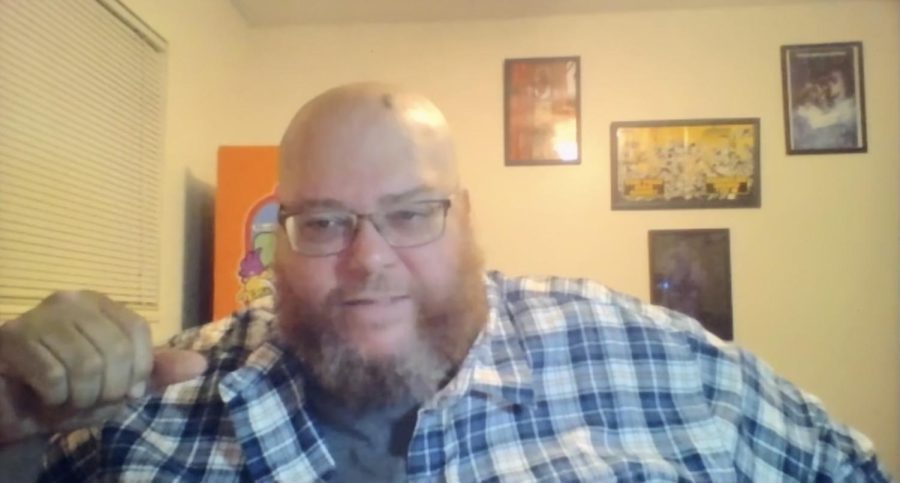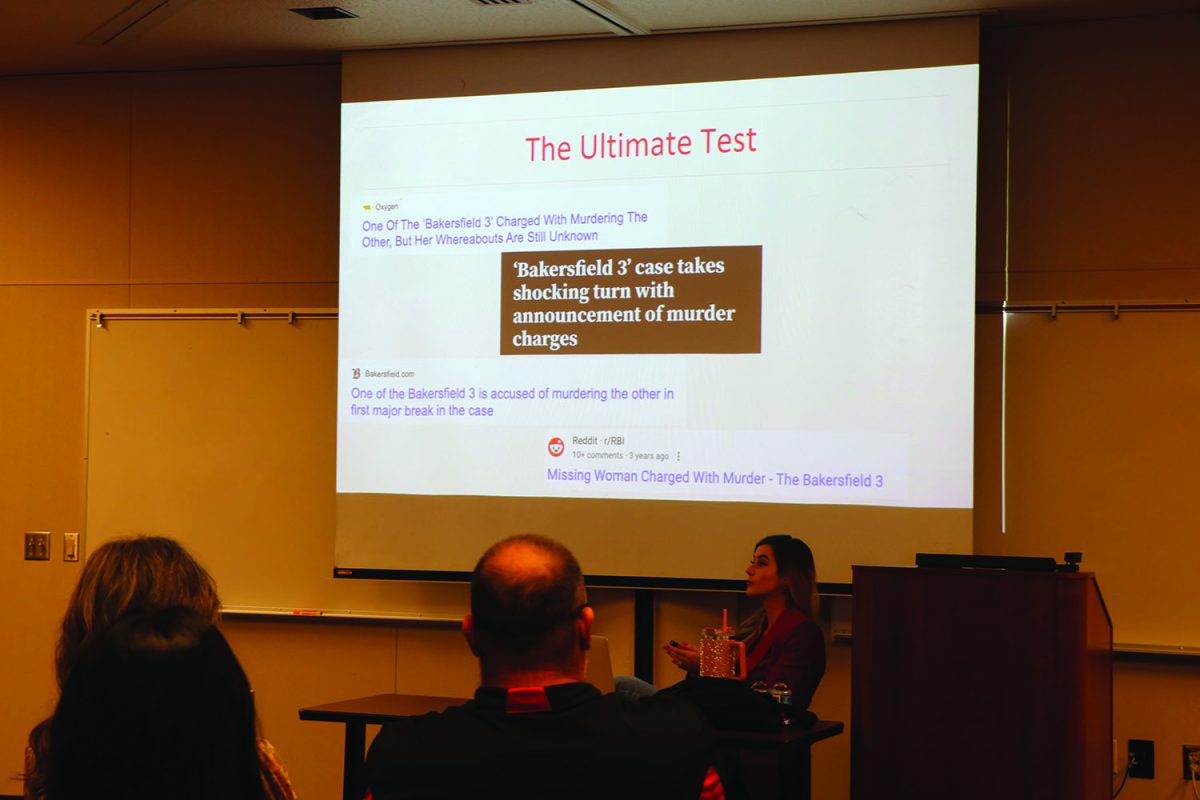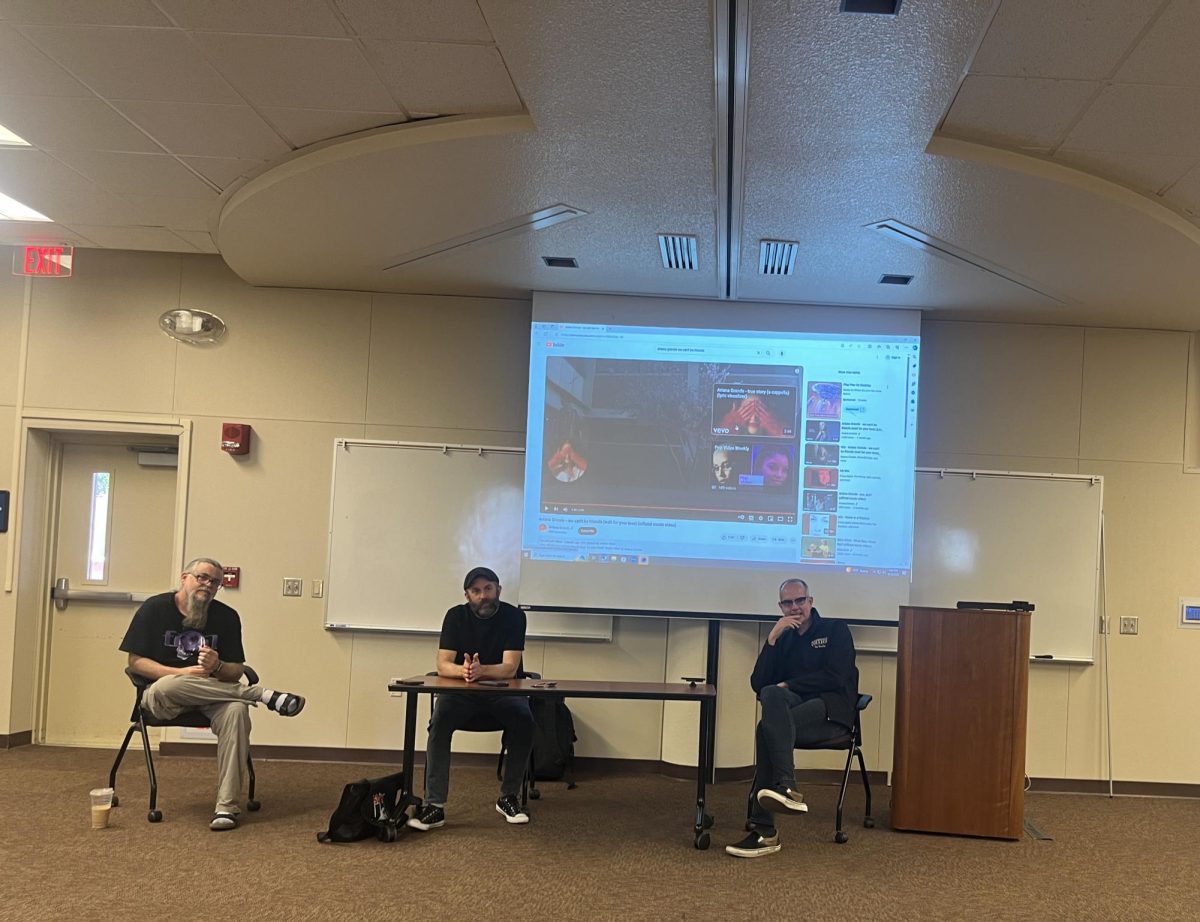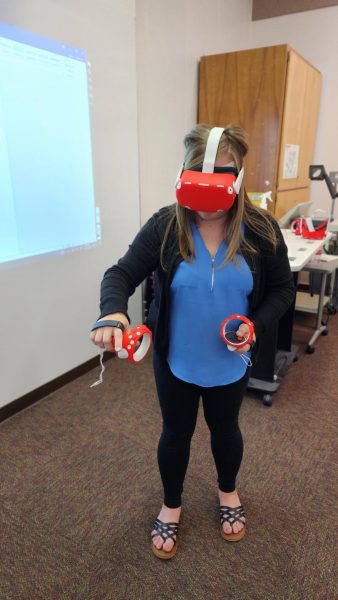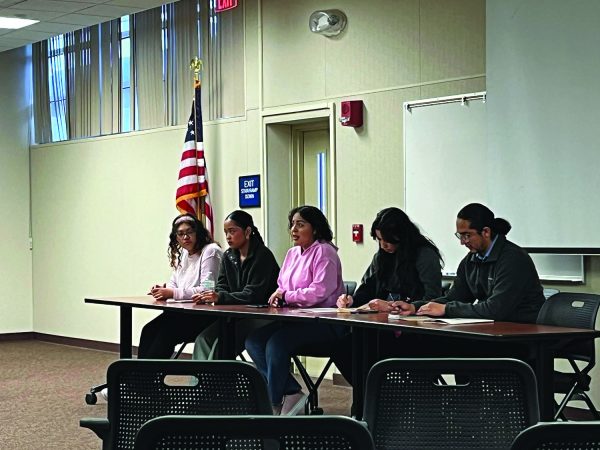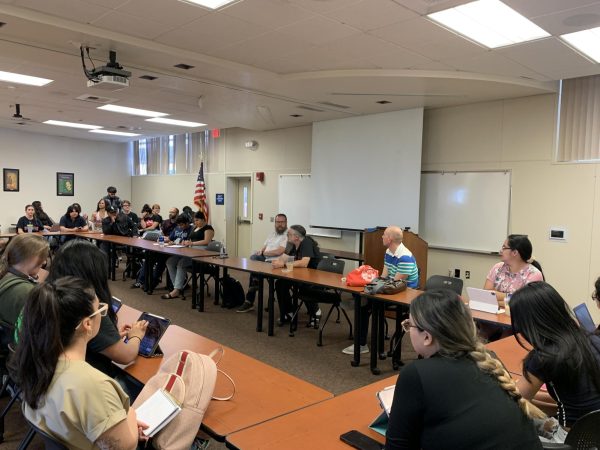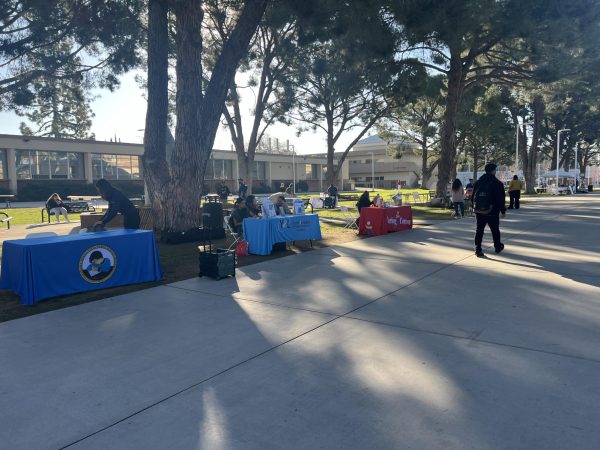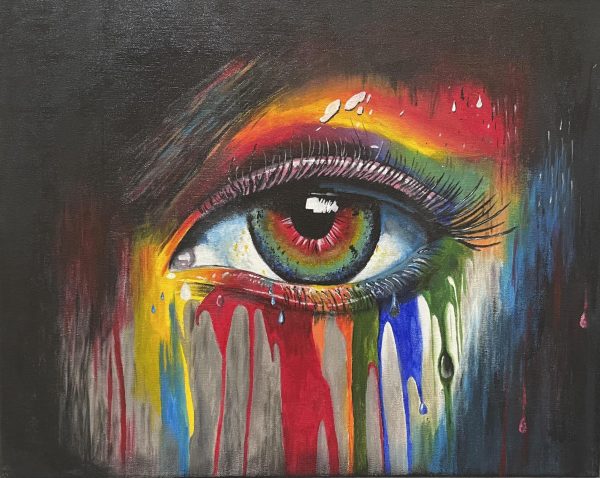Renegade Roundtable talks about the effects of cancel culture on artists
November 19, 2021
The final installment of this semester’s Renegade Roundtable was held on Nov. 17 via Zoom. The Renegade Roundtable is a Levan Center event where a roundtable-style discussion about current sociopolitical issues is held by professors at BC.
This Renegade Roundtable’s hosts were Reggie Williams (a philosophy professor), Joe Saldivar (a biology professor), David Moton (an English professor), Savanna Andrasian (an associate English professor), and
(an associate history professor). The theme of this discussion was, where do we draw the line in art, which quickly turned into a discussion about cancel culture.
Saldivar opened the conversation by stating cancel culture has been around for a while. “Cancel culture has been around for quite a while, what has transformed cancel culture is accessibility and the quickness of doing something,” he said.
Moton and Andrasian agreed that social media has helped cancel culture advance as fast as it has. The Monsanto milk situation was brought up when Monsanto had rBGH in their milk. Moton said if people were to go through the legal system to try and take Monsanto down, it wouldn’t work. However, by utilizing cancel culture and going through social media, the people against Monsanto were able to have their milk pulled from places like Starbucks and Walmart.
“The power is there, it’s a very powerful force,” Morton stated. “If you can leverage social media you can change public opinions in ways you never could otherwise.”
Andrasian agreed with Morton but brought up the flip-side to today’s cancel culture that goes hand in hand with social media. She brought up people bringing up something someone said or did from someone’s past that took place years ago.
“At that point, I think it’s way out of context,” Andrasian said. “I think this cancel culture can be taken too far.”
Later in the discussion, Saldivar and Moton talk about how cancel culture and social media affect art. Moton said he thinks artists today alter what they do and the art they create to make sure they maintain a good image.
“I guess that comes to the big question: Is that a good thing? Is that a bad thing?” Monton said. “I mean is that censorship that’s harming the art or is that people adapting to a more inclusive open-minded society that just doesn’t allow things that were once allowed?”
The Renegade Roundtable will resume in the spring 2022 semester.


